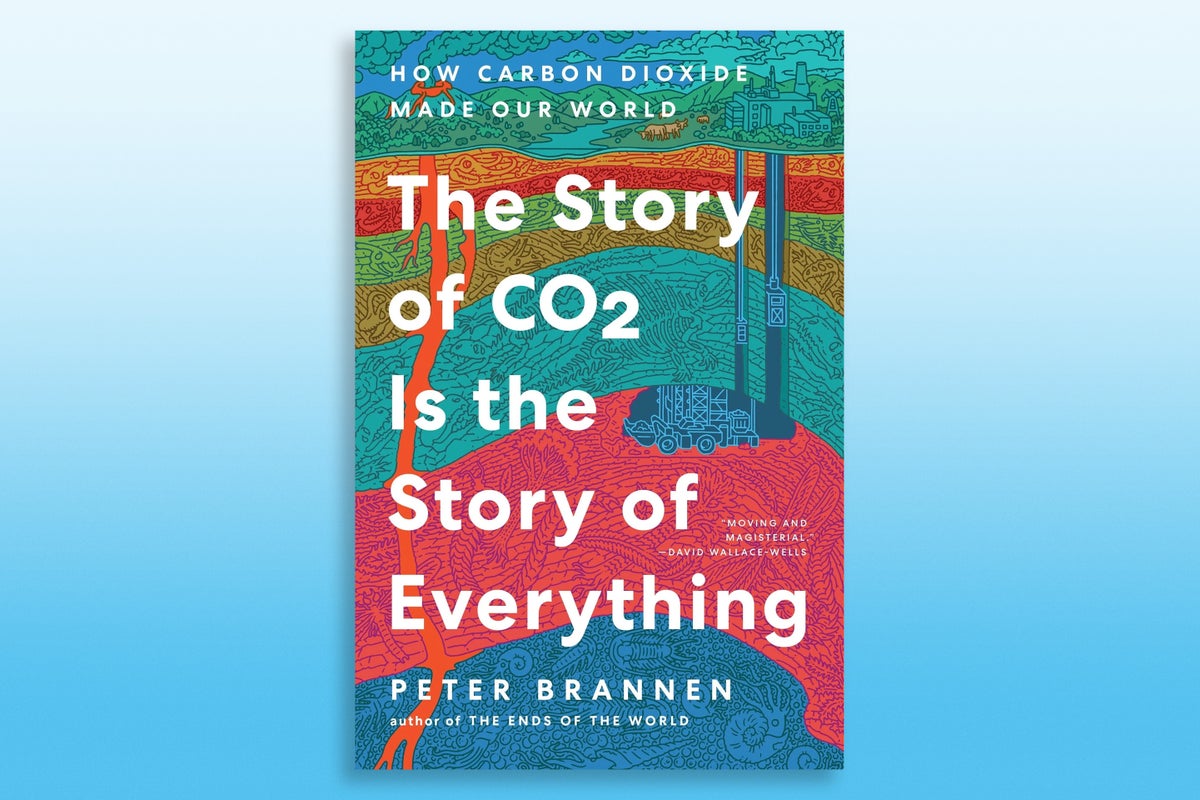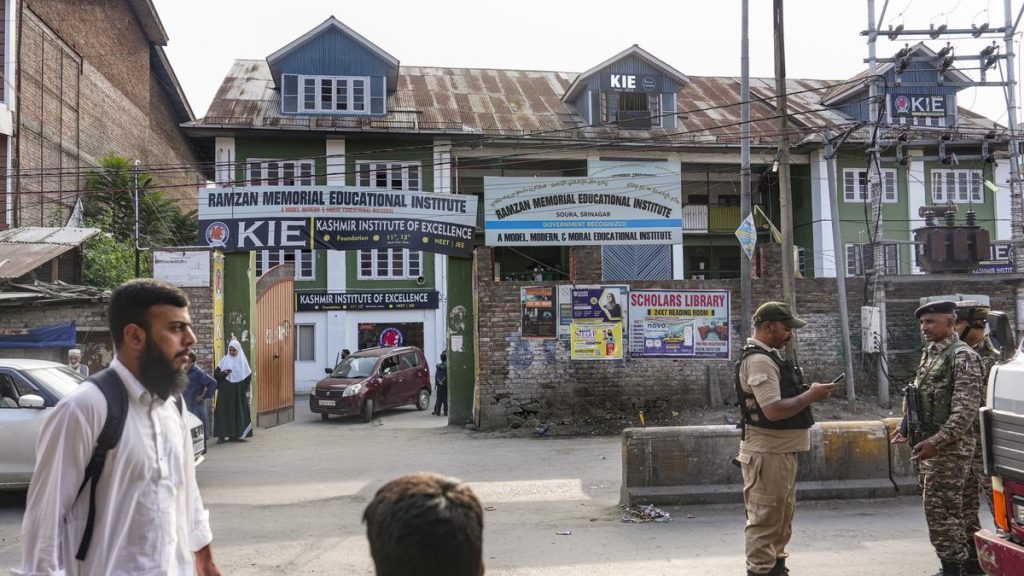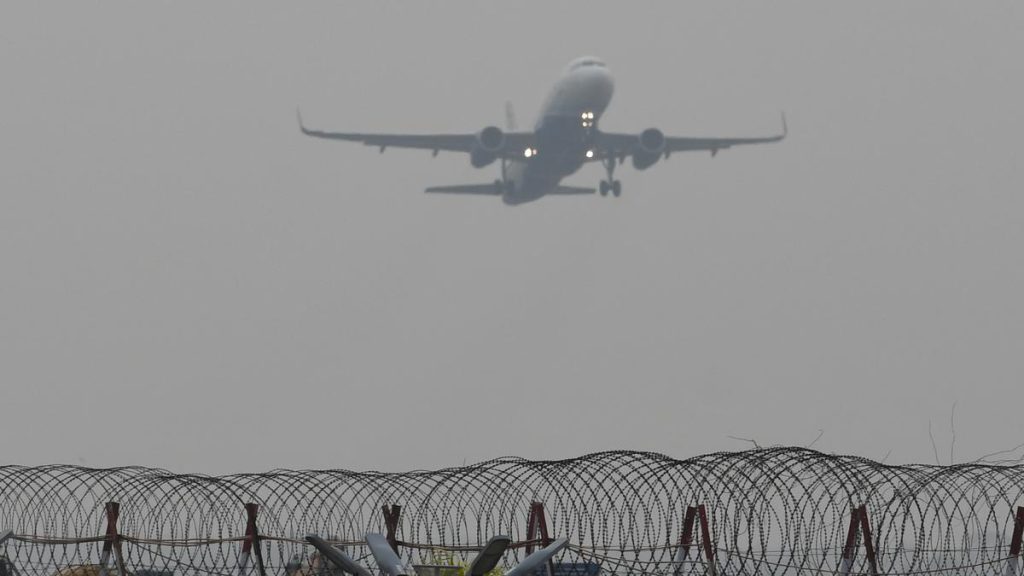Now Reading: Rethinking Carbon Dioxide: Myths vs. Reality
-
01
Rethinking Carbon Dioxide: Myths vs. Reality
Rethinking Carbon Dioxide: Myths vs. Reality

Quick Summary:
- Peter Brannen’s forthcoming book The Story of CO2 Is the Story of Everything explores carbon dioxide (CO2)’s multifaceted role in Earth’s history beyond being a pollutant associated with climate change.
- Through deep-time perspectives, Brannen argues that CO2 is central to life, earth’s habitability, and even societal evolution, as it drives the global carbon cycle shaping life’s advancement over billions of years.
- Past spikes in CO2, such as those causing mass extinctions like the Permian “Great Dying,” offer cautionary parallels with current fossil fuel emissions. Modern rates of emissions exceed precedents by orders of magnitude.
- Brannen notes humanity’s unique impact as “fire imps,” burning ancient reservoirs of organic carbon (fossil fuels) rapidly-a process fundamentally reshaping Earth and its climate.
- The book situates climate change within larger geological and ancient contexts while urging more awareness about humanity’s place in Earth’s delicate systems.
- Renewable energy sources like solar power represent hope but require urgent political action to end reliance on fossil fuels.
Indian Opinion Analysis:
The themes explored in Peter Brannen’s upcoming book are highly relevant to India, given its dual challenge as a growing economy dependent on coal while also facing severe climate vulnerabilities such as flooding and heatwaves.The integration of deep-time ideas enriches our understanding that India’s environmental challenges are part of broader planetary processes rather than isolated phenomena.
India’s leadership role in renewable energy transitions-such as through its ambitious solar targets under initiatives like ISA (International Solar Alliance)-positions it uniquely to benefit economically and geopolitically from advancing cleaner technologies. Yet Brannen’s caution emphasizes urgency; replacing fossil fuels shouldn’t only rely on market trends but necessitate decisive policy interventions at scale.
For India, balancing industrial development with ecological stewardship will remain crucial; missteps could amplify economic disparities or worsen rural impacts where climates shifts disrupt traditional agrarian livelihoods.Understanding CO2‘s broader significance-as both vital for life yet catastrophic when mismanaged-can instill urgency across sectors toward achieving enduring growth pathways. Just as Indian civilization has always navigated environmental complexities creatively through history,lessons from this narrative underscore embracing science-led action for survival and equity alike.
























